Holiday mealtimes can challenge picky eating tendencies for kids (and you!), especially when things aren’t feeling normal to begin with! So what can you do? How can you bring the joy and make holiday feeding and mealtimes positive? Here’s how to create a positive holiday feeding experience for your picky eater during a pandemic.
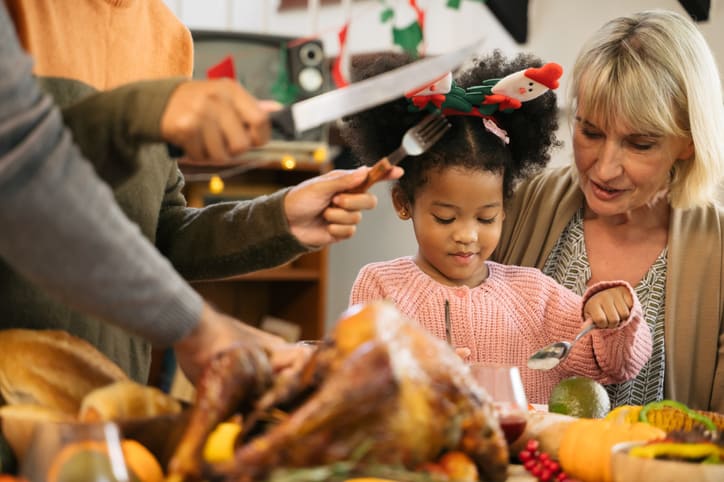
This is a guest post written by Fatima Hussain, is a co-founder and Occupational Therapist at Sa.Haa.Ra: Speech and Occupational Therapy. She has experience working with individuals of all abilities across the lifespan from early intervention to supporting seniors in long-term care centres. You can reach her at: fatima@sahaaratherapy.com
This year is looking a little different for us all. Various restrictions around the world have changed what the holidays will look like. This might mean that the dinner table has fewer place settings, that your annual holiday getaway can’t happen, or that you and your loved ones will have dinner – Zoom Style. Sigh…
We still have kiddos though. And some of those kiddos are going through a picky eating phase. Holiday mealtimes can be challenging for them (and you!), especially when things aren’t feeling normal to begin with! So what can you do? How can you bring the joy and make holiday feeding and mealtimes positive?
Below are some tips to navigate picky eating during holiday mealtimes with your child…during a worldwide pandemic!

Prepare your Child for Change
- Prepare your child for this holiday season looking a bit different. If there are traditions that you are used to as a family (especially those that your child is looking forward to), prepare them ahead of time for the changes they may experience. Talk to them about what to expect or create a social narrative that walks them through what the holidays may look like. Little Autism Learners has created this great social narrative that may be helpful!
- You can also plan some fun activities together to look forward to, such as making Christmas cookies, playing in the snow, watching a favourite Christmas movie or a game that you all love to play.
- Many picky eaters find surprises or the unexpected difficult to manage as they prefer control and knowing what to expect. If possible, plan your holiday meal together or have your child pick one or two items they would like to try.
- You can also have your child join in the meal prep – when children are a part of the process this can often lead to more willingness and comfort around the foods
- Watch Youtube videos about how to cook different dishes that you can make together. (Check out my IGTV channel, where I have a ton of videos starring my own kiddos in the kitchen for inspiration!)
- Taking your child to the grocery store may not be possible with COVID-19 but you can make a grocery list together by cutting out items from a flyer or use online grocery shopping to “fill your cart”
- Plan in advance! Do your shopping, cutting and choose some make-ahead meal items so you have time to involve your child in the meal prep. The last thing you need is to feel rushed or frustrated when trying to create a positive experience around meals with your child. Need help getting started with meal planning? Check out my five tips to finally start meal planning.

Manage Picky Eating by Preparing the Environment
- As much as possible, maintain consistency. If you have regular mealtimes or routines before and after meals, do your best to continue with this structure. Children do best when they know what the plan is and with routines that are most familiar to them.
- Use familiar place settings, cutlery and seating areas to limit the change around holiday meals
- Be mindful of your child’s sensory needs. If they are sensitive to textures, use soft fabrics or let them wear their comfiest clothing to the dinner table. If they need movement to regulate or deep pressure, schedule a bit of extra time to engage in these regulation activities prior to holiday festivities.
Prepare Yourself
- Reduce your expectations – this doesn’t necessarily mean you don’t present new foods during your holiday meals, it means that if your child doesn’t eat the mashed potatoes or cranberry sauce, it’s okay. This year, more than ever, the holidays is about being together as a family and making the most of this time.
- This year, it may just be you and your immediate family, what this gives you is more control of what food is served. So… if what you and your family needs is pizza or chicken nuggets for your holiday meals – go with that! Create your own traditions and serve what will work best for you and your family to have a positive and memorable holiday meal.
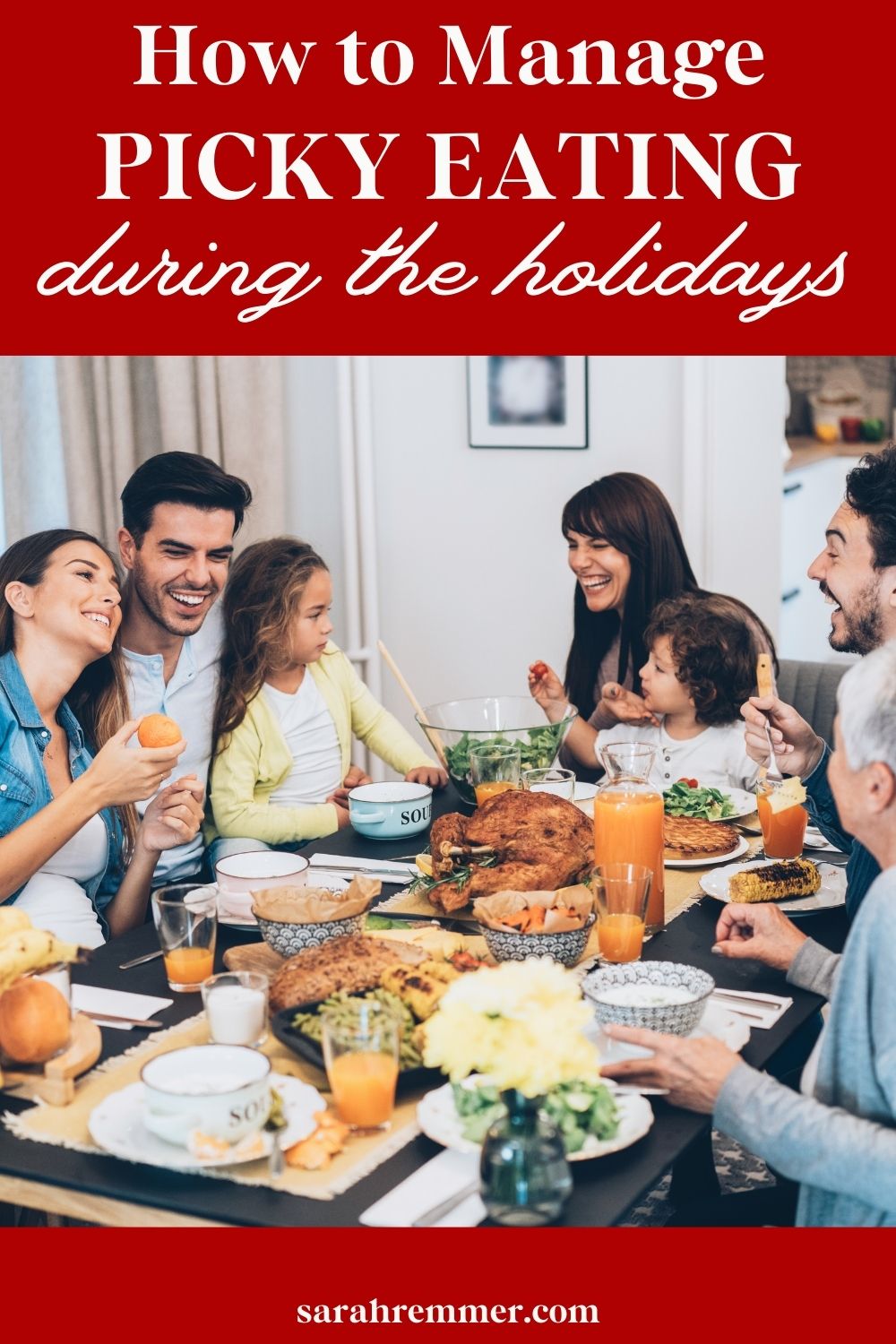

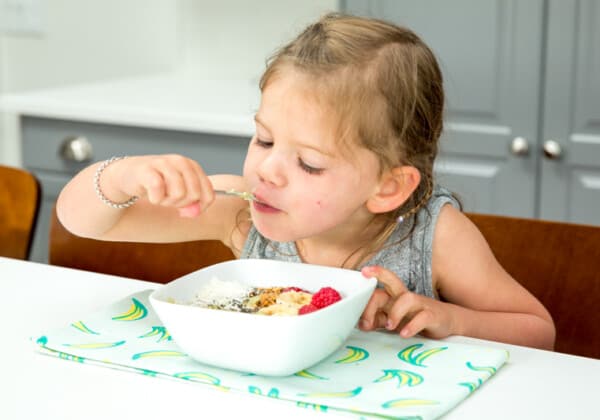
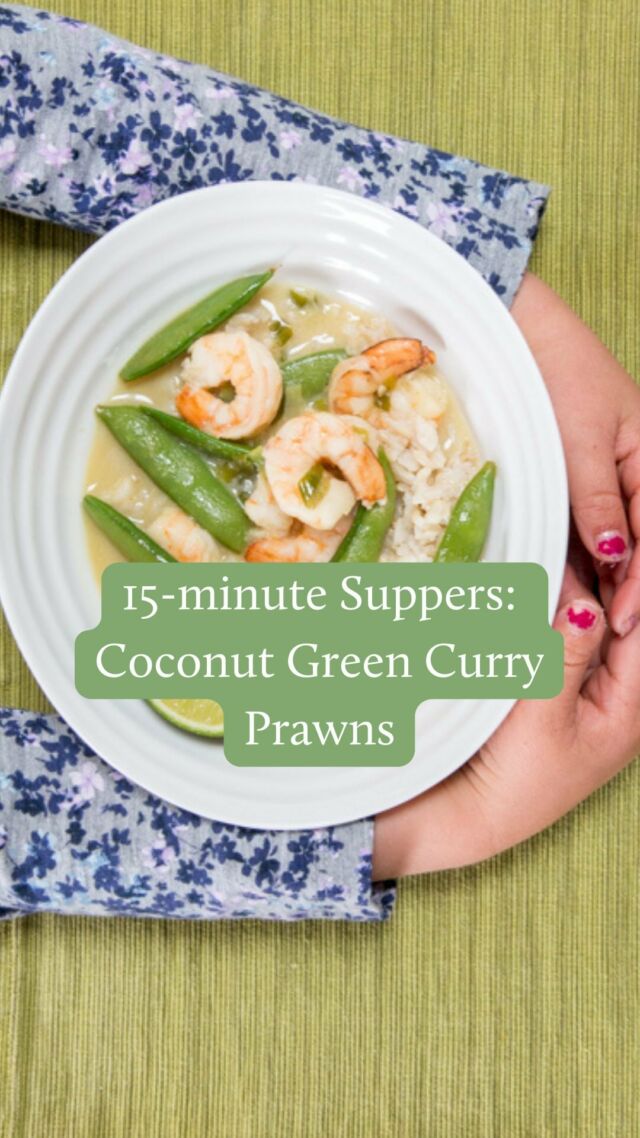

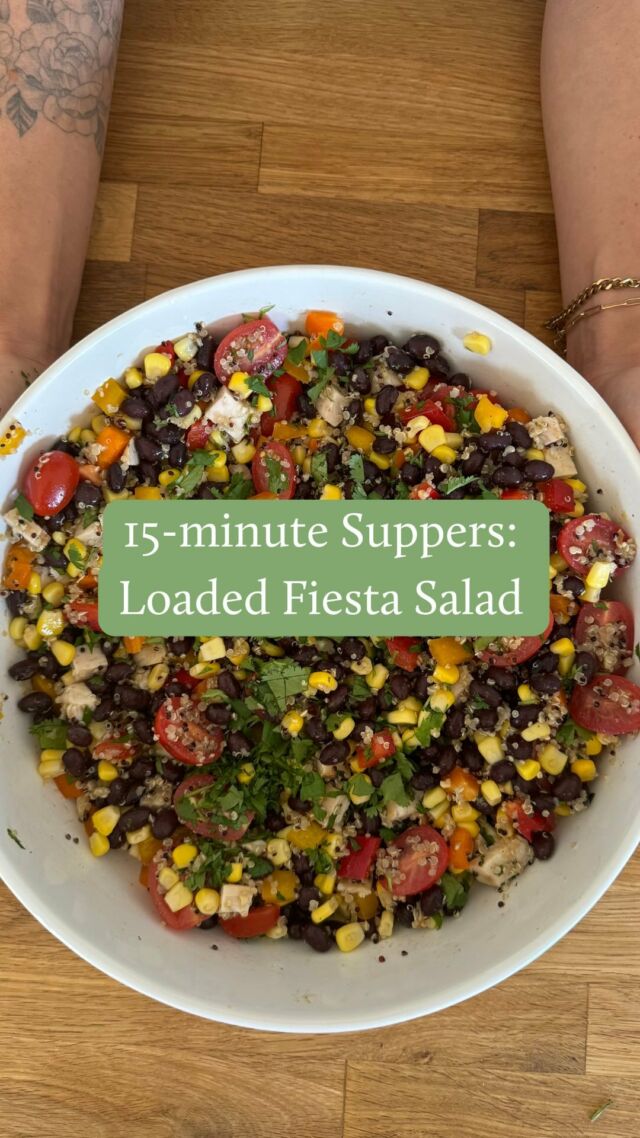

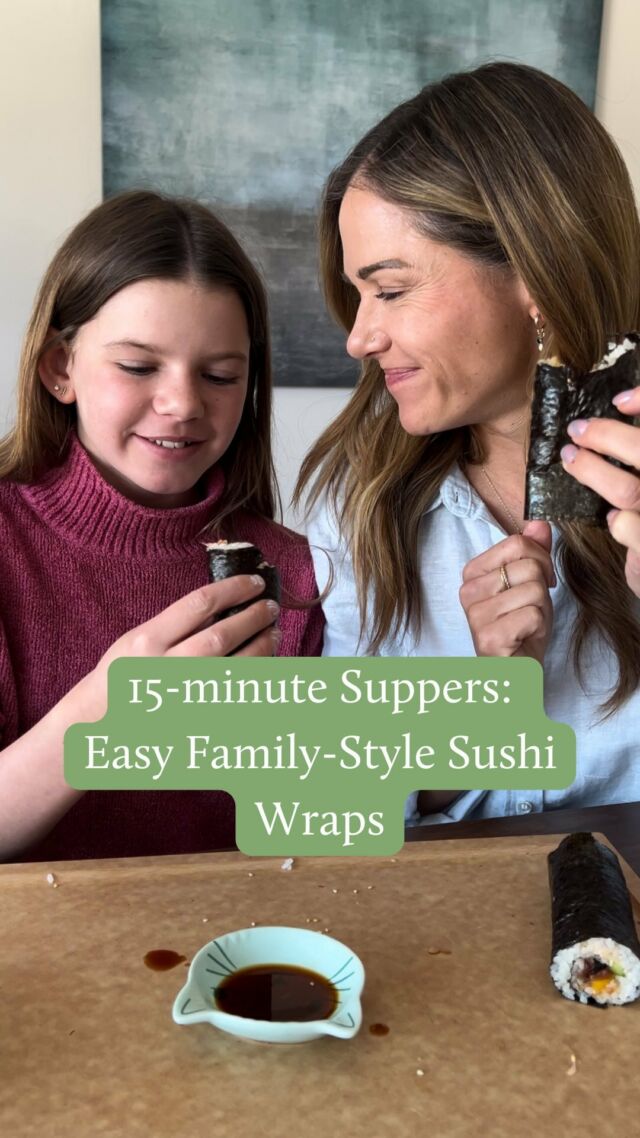

Leave a Comment